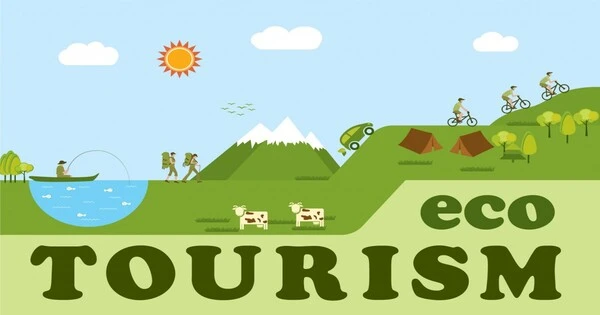Sustainable tourism is a concept that encompasses the entire tourism experience, including consideration for economic, social, and environmental issues, as well as a focus on improving tourist experiences and meeting the requirements of host communities. It is a type of tourism that tries to reduce its environmental impact, help local people, and contribute to the long-term protection of natural and cultural resources. It is also known as responsible tourism or eco-tourism. It focuses on developing environmentally and socially responsible tourist activities while still offering enjoyable and meaningful experiences for guests.
Sustainable tourism should prioritize environmental protection, social fairness and quality of life, cultural diversity, and a vibrant, robust economy that provides jobs and wealth to all. It has its roots in sustainable development, and the term “sustainable tourism” can be misunderstood. There is now widespread agreement that tourism should be sustainable.
Key principles of sustainable tourism include:
- Environmental Conservation: It aims to safeguard and maintain natural ecosystems, biodiversity, and landscapes. This includes lowering pollution, reducing waste, and encouraging energy and water conservation. National parks and wildlife reserves, for example, play a critical role in sustainable tourism.
- Community Involvement: It seeks to improve local communities by creating job opportunities, assisting local businesses, and including locals in decision-making processes. It promotes indigenous and local populations’ empowerment as well as respect for their cultural traditions.
- Economic Sustainability: It should provide economic benefits for host cities, but earnings should be reinvested in the local community rather than siphoned off by giant global businesses.
- Cultural Preservation: It promotes the preservation of cultural heritage and traditions. It encourages tourists to respect local customs and engage with the culture of the host community in a respectful and informed way.
- Sustainable Practices: Sustainable practices in lodging, transportation, and tour operators should include energy-efficient structures, waste reduction, responsible water usage, and the utilization of renewable energy sources.
Sustainable tourism is critical for preserving cultural heritage, protecting natural habitats, and ensuring that tourism benefits local populations. It also adds to the overall well-being of the earth by lessening the negative environmental impact of tourism. Travelers may help support sustainable tourism by choosing ethical travel options and being aware of their impact on the locations they visit.
















